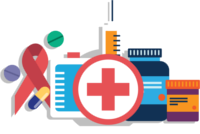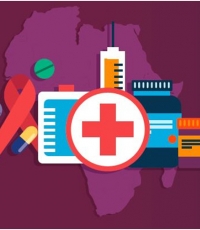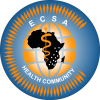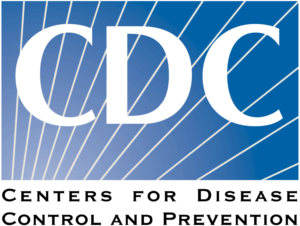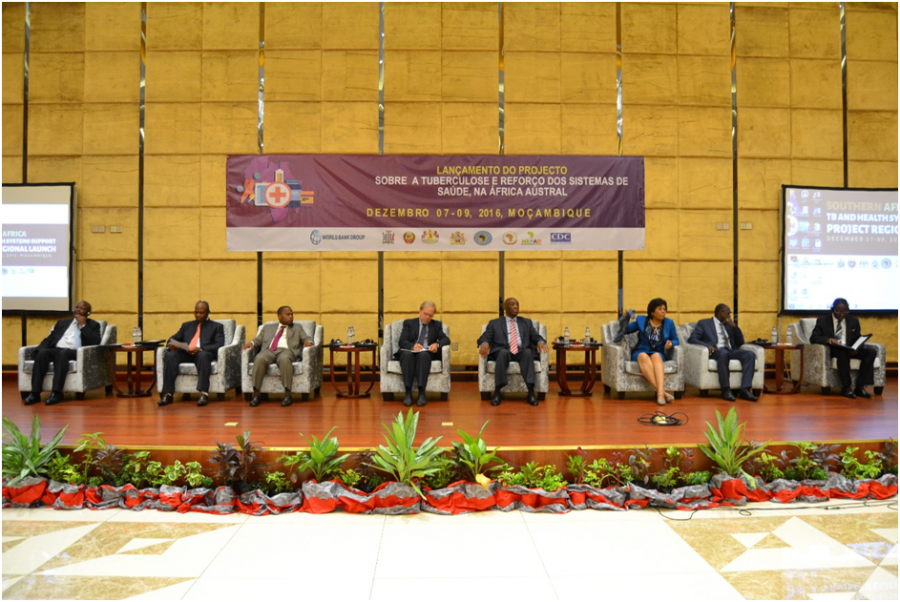
Africa must reach, test and treat vulnerable, most neglected populations to end TB by 2030 Maputo, December 7, 2016— The Commissioner for Social Affairs of the African Union Commission (AUC), His Excellency Dr Mustapha Sidiki Kalolo has urged Member States to make it a requisite to reach, test and treat all the vulnerable populations in areas where TB control is the weakest, including mining communities, areas with high HIV incidence, cross-border areas and transport corridors if Africa is to end TB by 2030 in line with the Catalytic Framework to End AIDS, TB and Eliminate Malaria in Africa by 2030. This was indicated by Dr Benjamin Djoudalbaye speaking on his behalf at the official regional launch of the US$ 122 million World Bank (WB) funded project called Southern Africa Tuberculosis and Health Systems Support Project in Maputo, Mozambique. The project is aimed at strengthening the health sector’s response to Tuberculosis and Occupational Lung Diseases and is implemented in four countries: Lesotho, Malawi, Mozambique and Zambia. High Level delegates at the launch of the TB project in Maputo, Mozambique “We cannot end TB by 2030 if we do not step up our efforts where it matters most. I commend the Project Countries for their commitment to tackling TB and strengthening health systems, and the World Bank for this bold investment to address TB at its epicenter in Africa”, said H.E. Dr. Mustapha Sidiki Kalolo. The official regional launch represents a milestone in the project’s life-cycle and serves as a summit of policy makers and experts from the project participating countries, as well as affected neighboring countries that have demonstrated leadership and interest in working together to explore innovative ways of confronting the Southern Africa’s TB challenge. The NEPAD Agency and East, Central and Southern Africa Health Community (ECSA-HC) shall work together on the project to provide regional coordination and technical support in project implementation. During the launch, WB Country Director for Mozambique, Mark Lundell commended Southern African leaders for demonstrating the highest level of commitment and leadership towards ending TB and the excellent cooperation across health, mining, labor and many other sectors. This is a common position shared by WB in line with its goal to support the most vulnerable as part of its thrust to ending extreme poverty and promoting shared prosperity in the world. “The World Bank recognizes that TB control is a major public health challenge and represents an economic development issue in the sub-region, and therefore needs to be tackled forcefully”, Mr Lundell said. Accounting for a third of the countries with highest TB burdens globally, Southern Africa is at the center of the dual epidemic of TB and HIV/AIDS. Mozambique, Malawi, Lesotho and Zambia are no exception. These countries have high levels of TB/HIV coinfections and related mortality as well as increased risks of multidrug-resistant TB against a backdrop of large-scale and growing mining sectors which are a contributor to this health challenge. The project has three mutually reinforcing components: innovative prevention, detection and treatment of TB; strengthening the region’s capacity for disease surveillance, diagnostics and management; and supporting regional learning and innovation and project management.
